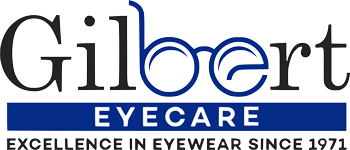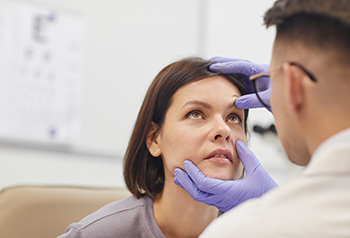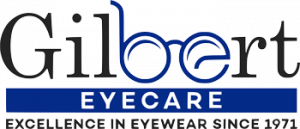Your vision is just as important as any other aspect of your health, so it’s important to treat this visit like any medical appointment. Whether you’re going in for regular eye care services or worried something may be wrong, a visit with your eyecare specialist is something you shouldn’t walk into blindly.
It doesn’t matter if it’s your first visit or your fifteenth, and it doesn’t matter why you’re going in—the only thing that matters is how you prepare for your appointment. To help, the experts at Gilbert Eyecare have prepared a small list of four things to consider before visiting your eyecare specialist.
Exam Time
Your visit may include one or more exams, depending on what you’re coming in for. Comprehensive eye care services typically include an initial visual acuity test to see if your prescription is up-to-date (or to find out if you need one at all).
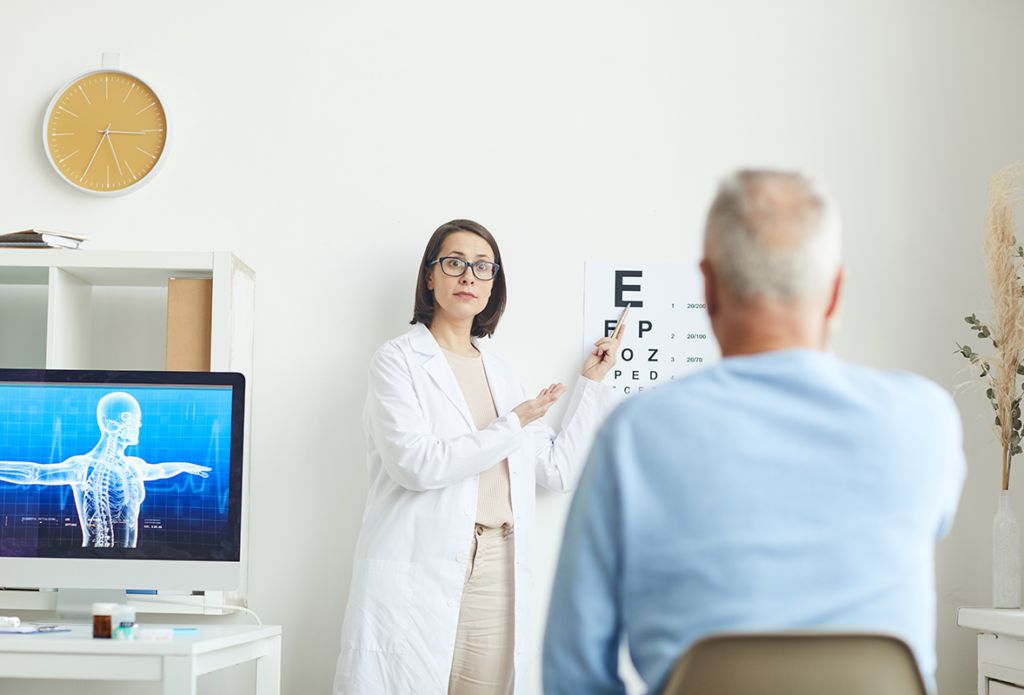
After that, other tests may be conducted to check for signs of other Eye health problems such as glaucoma, cataracts, macular degeneration, retinal wellness, and more. These are normal, and will only help identify which conditions—if any—you may be affected by.
Phone A Friend
Your visit will likely involve dilation of your eyes. This is important to conduct a thorough exam, but could result in some short-term discomfort and blurry vision. Sunglasses help, but we recommend bringing someone with you—a family member or friend—to drive you home after your visit.
This is key for two reasons: One, driving with impaired vision is obviously very dangerous. Two, it helps to have someone that can check up on you to make sure everything is healing as expected.
If you’d prefer not to be dilated, Gilbert Eyecare proudly offers a testing option for cash-payers called Optical Coherence Tomography (OCT). This non-invasive imaging test using light waves to capture cross-section photographs of your retina without the need for dilation.
Office visits not with standing, friends are good for long-term support as well. Depending on your diagnosis, you may want someone to talk to about your condition. Your doctor is one support pillar, but it helps to have others. If you’re facing serious vision problems, you don’t have to go it alone.
Ask Questions
You might be wondering why you, the patient, would have to ask any questions. After all, you’re not the professional—you made an appointment for answers, not questions. If anyone should be asking anything, shouldn’t it be the provider?
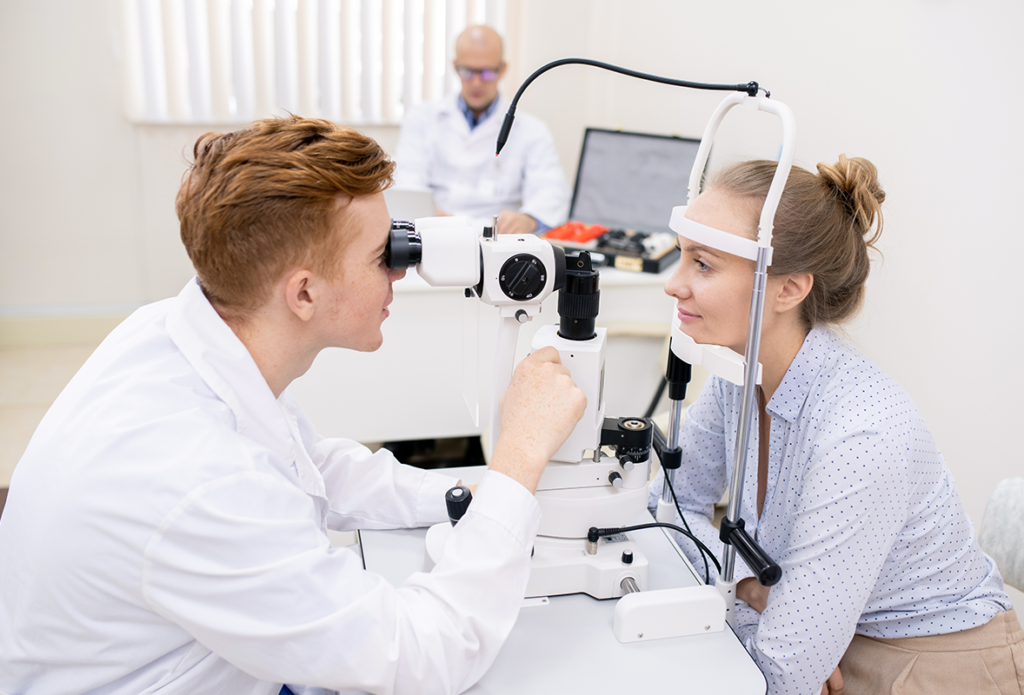
Well, yes and no. During your exam, the doctor might ask routine questions like “When did you first notice trouble with your vision?” and “Does your vision get worse at night?” Beyond that, it’s important to come prepared with a list of your own questions. As they say, knowledge is power. The more you ask, the more you know. Here are a few questions to get you started:
What are the risks of my treatment options?
What symptoms should I keep an eye out for?
Will my condition get better or deteriorate over time?
Know Your History
When the doctor asks when your vision problems began, you’ll want to know the answer. Roundabout estimates are okay, but you can help your exam—and your diagnosis—by being able to provide information. We mentioned earlier that knowledge is power, and the same saying goes for your provider. The more they know, the better service they can provide.
Here’s the information you’ll want to give them during your visit:
- What kind of medication do you take? This medication isn’t limited to your vision. For example, if you have a prescription for blood pressure medication, that’s something you’d want to share with the physician.
- What kind of environment do you live and work in? These conditions can influence your vision. Computer work or office conditions that subject you to heavy eye strain or fluorescent lighting can negatively impact your sight.
- Have you sustained any injuries recently? Injuries and other conditions can influence your doctor’s diagnosis of your vision problems. Head injuries are especially important, but be sure to mention any pre-existing or hereditary conditions or incidents that may have had effects on your eyesight.
Ready to make an appointment? The experts at Gilbert Eyecare are here to help with a full range of comprehensive eye care services in Hampton Roads. Get in touch with us today to schedule your visit or call us at 757-425-0200 / 757-622-0200.
